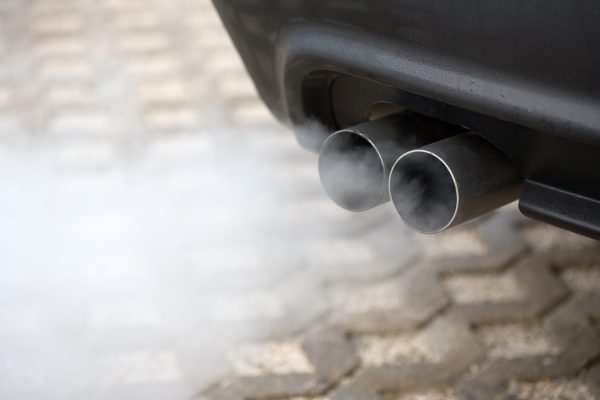A lot has been said about Alternative Dispute Resolution (ADR) and whether it is a worthwhile venture for motor traders when dealing with active court claims.
No doubt, there are differing opinions on the efficacy and inherent ”fairness” of ADR’s processes as opposed to seeing through disputed matters in court.
There is still no direct obligation to engage in ADR within the automotive sector either before or during court proceedings. However, responsible traders should be under no illusions about the direction being taken by the courts on this matter.
In the era where the consumer is always right, many are happy to embrace the opportunity to “have their day in court” without the same level of risks and expenses that come with a claim proceeding to trial, which many consider a daunting prospect.
Two examples to consider when ADR may prove useful are when you are dealing with matters on which both parties are not so far apart, and/or if what the other side is seeking is financial.
In a recent High Court case, the sitting judge ordered the Defendant to pay the Claimant’s costs on an indemnity basis (which is uncommon in practice), following the Defendant’s refusal to attend the scheduled joint settlement meeting. This order was made even though Defendant had been acknowledged to have strong grounds in defence of the claim, and the amount eventually awarded to the Claimant was significantly less than what they had claimed at the outset.
It is not a surprise that an increasing number of received court orders now, as a matter of course, order both parties to “meaningfully engage in the mediation process in a genuine attempt to reach settlement of these proceedings.”
While some traders take the view that engaging in ADR weakens their case, the current trend of case law suggests irrespective of the prospects of success, traders should be ready as the courts openly share what happens at mediation to prevent reluctant parties from refusing to get involved in the process or not contributing during the process.
Indeed, there are now a plethora of cases where parties have been hit with significant sanctions for refusal to mediate irrespective of whether as a Claimant their claim was successful or as a Defendant, they had a genuine (and later vindicated) belief that they had a strong defence.
There are undoubted demerits to the use of ADR by comparison, but given the current disposition, it means the odds can often be stacked against you in such an adversarial system. It is becoming increasingly difficult to argue that you have a reasonable cause not to engage in ADR, leaving many between a rock and a hard place.

Leading experts in print, promotional clothing, staff uniforms, branded merchandise and PPE. Involution is your brand partner for promotional marketing and workwear, a one-stop-shop for your branded marketing needs for any business size and industry.






